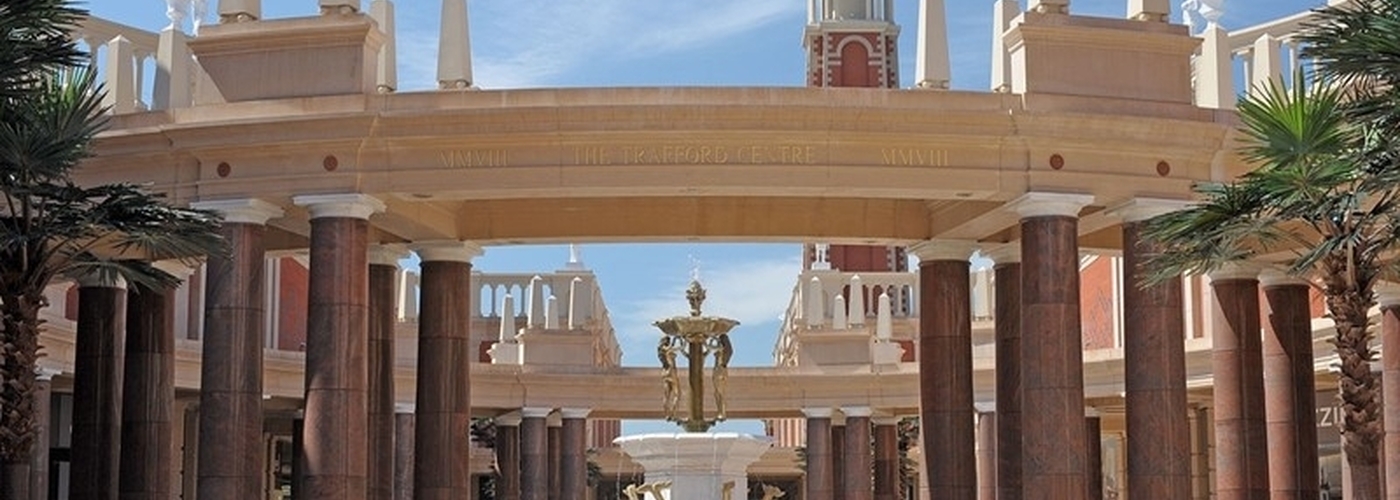Having racked up £5bn debts, owners Intu warn it may not survive a struggling high street
It’s recently undergone major refurbishment and is the recipient of a new £350 million tramline, due to open this very month. So yesterday’s announcement that the Trafford Centre could go bust was a shock to some.
Its owners Intu, which runs shopping centres across the UK - alongside co-running outlets like Manchester Arndale - reported a £2bn loss last year, as high street retailers increasingly fall victim to changing shopping habits. The British Retail Consortium called 2019 the ‘worst’ for retail sales in 25 years.
Following a failed attempt to raise £1bn in January, Intu warns it may not survive and has already started selling assets. The company is also considering seeking waivers on its £5bn debt and reducing short-term spending.
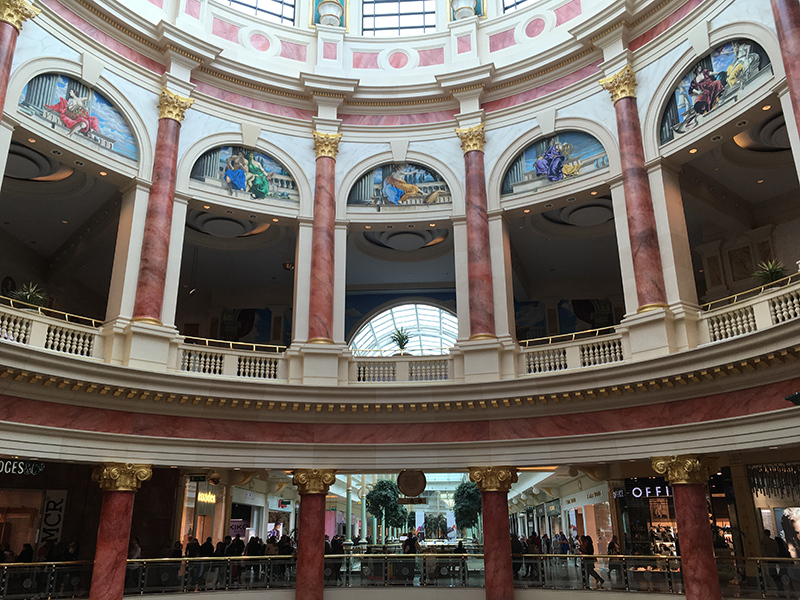
Jonathan Schofield gives his opinion…
The world is changing so quickly it’s hard to keep up. Retail is in a state of flux more than any other street-facing sector. Aside from the howling all-consuming hell that is Coronavirus it has to cope with people choosing the convenience of online retail rather than the social activity that is traditional shopping.
The Intu Trafford Centre is a casualty of this change in shopping patterns which has led to famous brands either going bust or negotiating rent reductions.
This at first glance seems astonishing. The Trafford Centre a couple of decades ago was the monster eating up the nearby small town centres. It even damaged Manchester City Centre, opening in 1998 when the city centre was still recovering from the IRA bomb of two years earlier. At one time it claimed a footfall almost third larger than the entire population of Australia at 35 million.
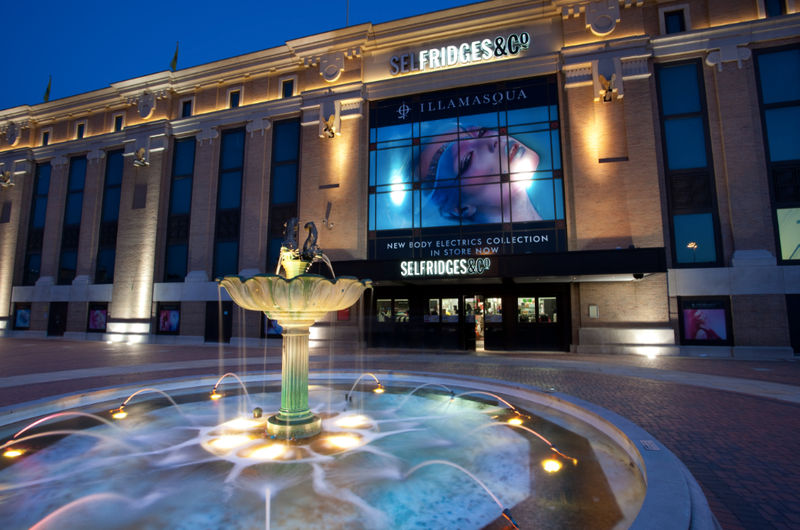
I confess I’ve never bought a single thing from the Trafford Centre as out of town shopping is utterly unappealing, along with the fact I find the fakery of the architecture appalling. Yet, grudgingly, us doubters have to admit the place has become a real feature of Manchester life and a magnet for coach shoppers too.
The main problem for the Intu Trafford Centre is the erosion of income from shop administrations and the lack of confidence in the whole sector. Intu presently has a debt £5bn and has been forced to abandon a fund raising scheme because the City refuses to bite. Shares have collapsed by 43% and tumbled to 7.6p, a 90% dip in twelve months.
Julie Palmer, partner at insolvency practice Begbies Traynor, told The Independent: “As more high-street brands fail under the ruthless market conditions, Intu has been one of the first victims to suffer with a high number of store closures at its locations, and others seeking to renegotiate rents through CVAs, setting off a dangerous domino effect of renegotiations that hits revenue.
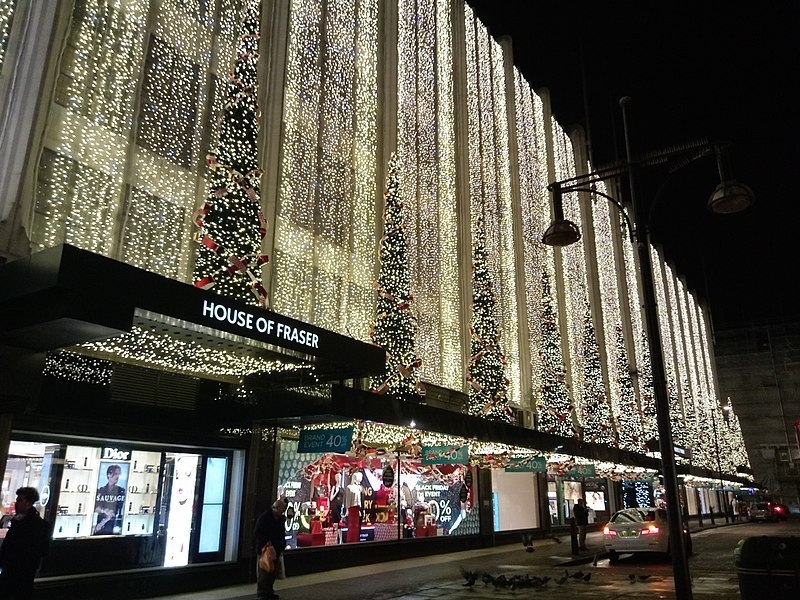
“With a continued shift towards online retailers, Intu needs to innovate to create a greater experience for its customers in order to boost declining footfall and meet shifting shopping habits.
“The threat of the Coronavirus will do little to allay fears, with members of the public likely to remain at home and avoid large crowds for the foreseeable future.”
That line about creating a greater experience is particularly alarming for the Trafford Centre which is chock full of ‘experiences,’ from playing fountains to a cinema and much in between. The whole area is surrounded by attractions too, from SeaLife to Legoland Discovery Centre. It can hardly jam any more experiences in.
If the Trafford Centre does go bust then it will be a remarkable fall from the glitzy grace of its heyday.
Despite the world of retail changing rapidly, Intu boss Martin Roberts remains positive. “We are focusing all our energies on moving the business forward. We own many of the best shopping centre locations in the UK, with dedicated staff looking after our visitors who are coming to our centres in the same numbers and like Intu more than ever.
“In a world where it is harder for retailers to increase profits, our centres offer them the best opportunity and many, such as Next, Primark and JD Sports, are thriving. But we cannot stand still; as we have always done, we will focus on placemaking, curating our space to ensure it remains the place visitors love to be.”
He would say that wouldn’t he?
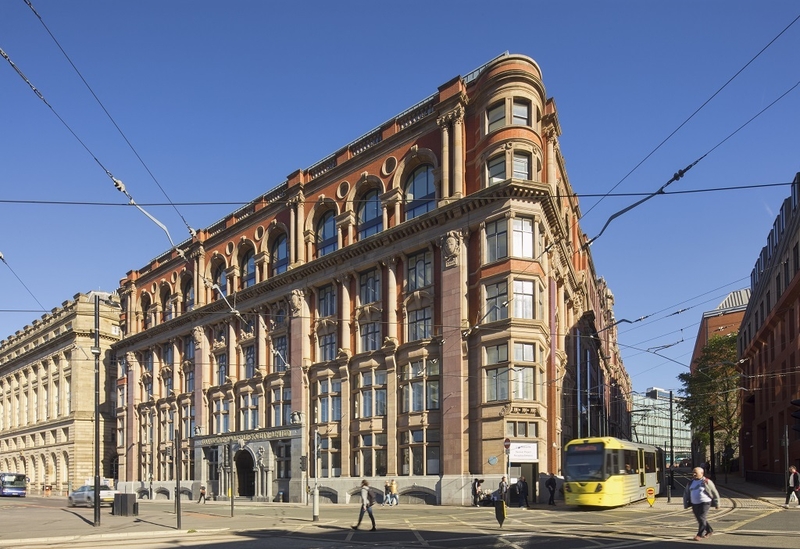
It’s merely a quirk of fate that, in the year Intu and the Trafford Centre potentially go bust, Amazon are moving hundreds of people into a central Manchester office. The attractions of a location in a real city centre seems stronger than ever. With people shopping online and often preferring a more intimate boutique experience, it seems certain that the profits Intu once enjoyed have gone for many years.





